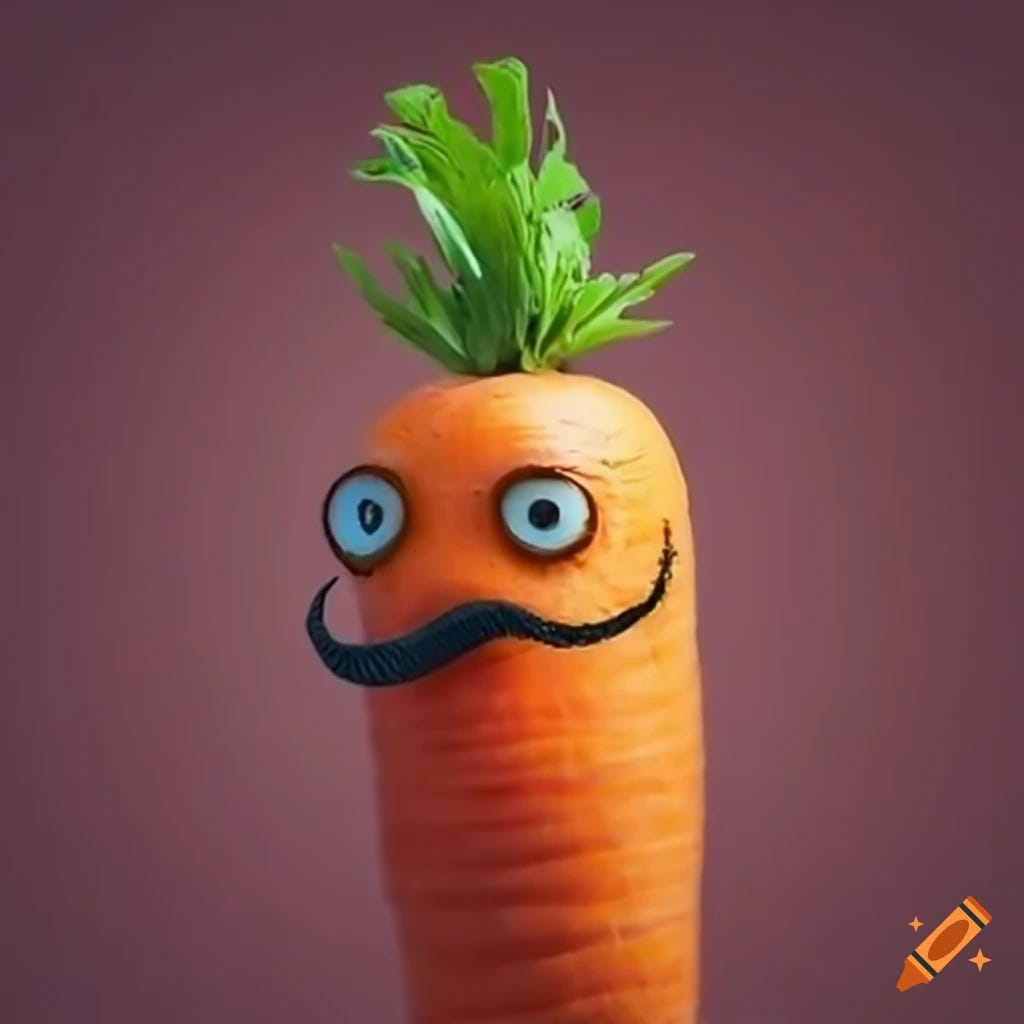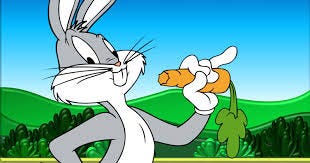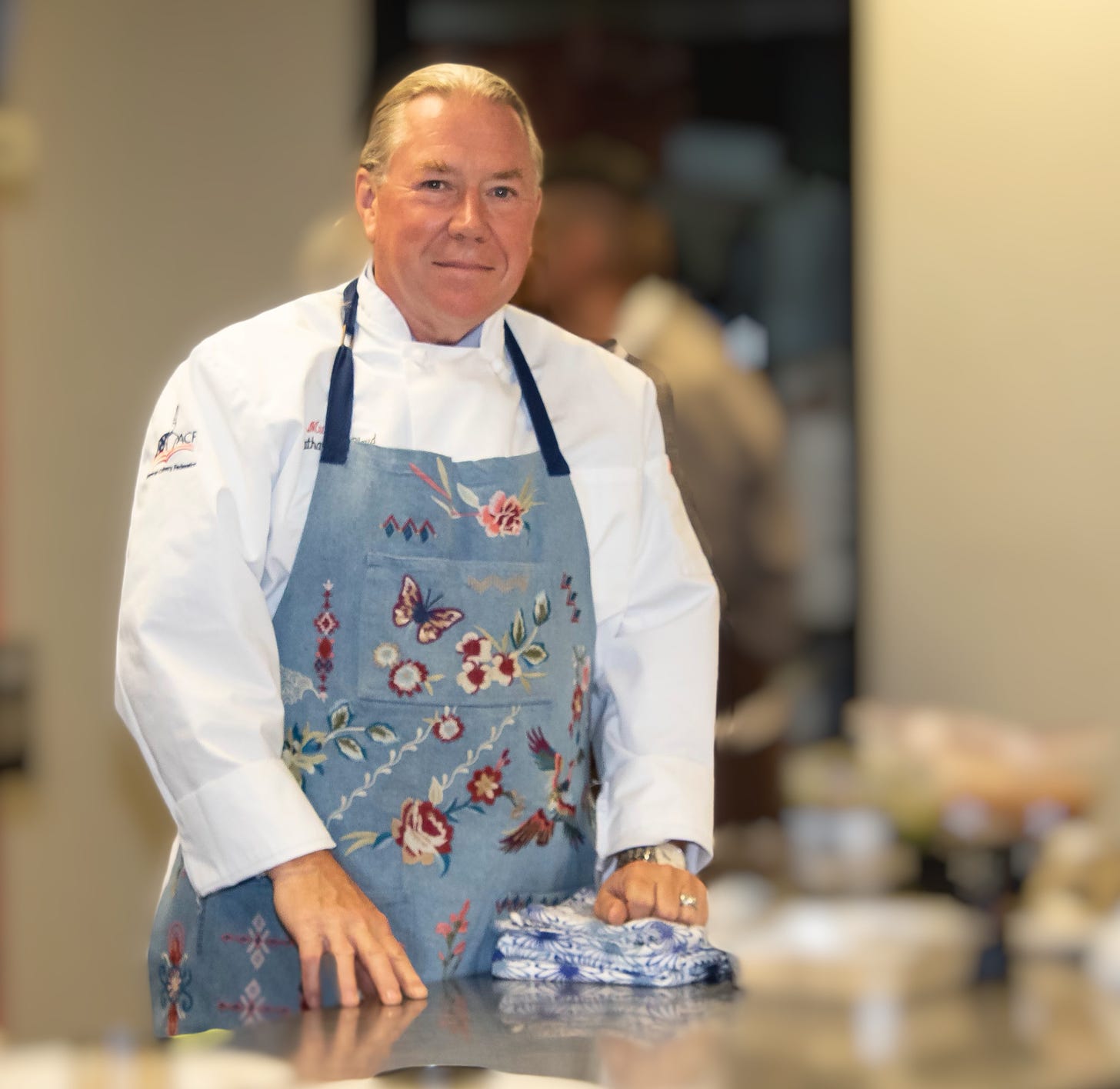What is going on deep in the Soul of a carrot that makes it SO GOOD for you?
Release Date: 01/07/2024
 Gifts from the Sea on the Sonoma Coast
Gifts from the Sea on the Sonoma Coast
The Intentional Table
A Green Sea Anenome looking for a snack! In the culinary arts and herbal medicine worlds, sea vegetables have carved out a niche as versatile, nutrient-dense ingredients. Among the most celebrated are kombu and bladderwrack, two brown seaweed types stapled in traditional diets and remedies for centuries. 0715 @ Bodega Bay. = Heaven #IAMSOSPOILED because I live only 45 minutes from several beaches with an incredible abundance of seaweeds. I went yesterday and hand harvested about 20 pounds! The ones I love the most are Kombu, Bladderwrack, Nori, Sister Sarah, and Feather Boa. Yesterday,...
info_outline Arugula... it's a vegetable... right?
Arugula... it's a vegetable... right?
The Intentional Table
Arulgula…. it’s a vegetable! Click the Image above to hear it! Arugula Examining the Health Benefits and Nutrition of this Powerhouse Leafy Green Arugula was a valued green in ancient Rome, where it was celebrated in poetry and prose for its effects on mind and body. Unfortunately, it’s far less popular today than its cousins spinach and kale, even though arugula may be the healthiest green of all. In this article, we’ll look at the evidence for arugula’s health benefits and see if those ancient Romans were right to celebrate it. I know I shouldn’t do this because of...
info_outline Auto Immune Release Series Part 2
Auto Immune Release Series Part 2
The Intentional Table
Apple Blossoms @ Musea. Showy! Well, here it is, our second week of thoughts and inspirations about Auto-Immune conditions, how we all have a little of it going all the time, and what we can do about it. Spoiler alert: I am going to write about a plant-based diet this time. My hamburger loving self cringes. But remember that I said last time everything in moderation? Here is a good time to take a breath and remember that you do not have to go cold turkey on the turkey! Increase your intake of rainbow-colored fruits and vegetables. Consume more colorful fruits and vegetables to get as much...
info_outline Auto Immune Release Series Part 1
Auto Immune Release Series Part 1
The Intentional Table
Apricots Anyone? @ Musea What is an autoimmune disease? Why are we speaking about this, at length at the Intentional Table? Great questions! Let’s do this in reverse order. The why of this is life. We all know we are alive, as the machines that go ‘ping’ tell us when we are strapped in. But we also understand that there is way more to it than that. We are sometimes led to think that we are simply biological machines and that, like getting the oil in your car changed, you can go to the doctor if you live your life poorly, and they will ‘fix’ you. Then, out the door and on your...
info_outline Intentional Wellness from Musette
Intentional Wellness from Musette
The Intentional Table
Greetings all, How wonderful it is to speak to you through this simple platform. I wish we could all sit around the Intentional Table itself (mine or yours) and drink in the feeling of togetherness, which is the ‘why’ in the ‘what’ around here. I would like you to have a gift. It’s a preview of a book I am writing about Nutritional Wellness. It’s not a b…
info_outline I Taste, Therefore I Am...
I Taste, Therefore I Am...
The Intentional Table
At the Intentional Table, we taste. Do we ever! Every person who learns to eat, cook, or serve should also learn how to taste. Sounds easy, right? Not so fast, my dearest. Taste is an objective and a subjective thing! It’s objective because every person that is a person (despite a few unfortunate outliers) has taste buds built into the design. However, just because you have the hardware doesn't mean you have the software. If you do have the software, then you have an appreciation of fundamentals when it comes to how your organ of perception, which is your mouth, your tongue, your nose,...
info_outline Biodynamics Basics
Biodynamics Basics
The Intentional Table
Hello, my intrepid Intentional Table guests! Today, with our afternoon wine, will be the topic that is near and dear to our hearts here. Biodynamics. What is it, you may ask? Why is it important to this table, Musea, and our lives? All good questions. Read on, and if you want the DEEP DIVE EXTRA CREDIT, it’s at the bottom.⬇︎ There are two polar views of scientific reality when it comes to the consideration of the active practice of biodynamics. One is the left-brain approach, represented by the Newtonian Analytical view that has dominated science for the last two centuries. Newton...
info_outline February 4 is World Cancer Awareness Day
February 4 is World Cancer Awareness Day
The Intentional Table
Take a look at this team. They are really on it. Click the image for link. You may ask yourself, now, why would he say that? It certainly could apply to any human, anywhere. There are 340 activities around the world for Cancer Day. So, it must be happening, you know, out there somewhere. Hubris leads to nemesis. Cancer, hunger, war, disease, and crime all happen. It must happen because it’s all over the news. It’s hard to connect with anything like this while you read it on the device in your hand while it charges at Starbucks as you sip your mocha. Our children have never seen it. Our...
info_outline The Agony and The Ecstasy of the Table
The Agony and The Ecstasy of the Table
The Intentional Table
I thought I would take a few minutes to see if you would like to travel with me back in time to revisit exactly what the intentional table is and how it's considered here in our little conversation and in real life. If you asked me to cook for you, I would be delighted. That's all there is to it. I wouldn't question what our budget was, what the logistics were, or really what it was that you wanted to eat when you're with whom. All those things are in a particular way beside the point. What this means is that you're asking me to create with intention, something for you that actually serves...
info_outline Only the wounded eye can see
Only the wounded eye can see
The Intentional Table
I came up with this phrase while meditating yesterday. It was inspired by something my dear friend Andrew Johnstone told me recently. At the Intentional Table, we find ourselves circling back to an important theme with a recurring and increasing frequency: Gratitude. It's an incredibly overused, misused, and, I think, sometimes misleading term. Oxford says, “the quality of being thankful; readiness to show appreciation for and to return kindness.” In the latter part of that sentence is the key, which is ‘returning.’ There is an idea that we commonly refer to in Intentional...
info_outlineSometimes, at the Intentional Table, well, actually, any Intentional Table that I happen to be sitting at is a place where I tend to do what I do to so many things in life, which is anthropomorphize them. I think it started when I was about 4; when riding in the car, I would stand with my arm around my dad’s neck, and when I saw the moon, I would always say, “Mr. Moon!” Yes, this was 1966, so no seat belts, car seats for kids, or any of that. My dad’s ‘62 Valiant had no such thing as safety in any way.
I've recently refined that, too. Trying not to scribe behaviors or characteristics of humans to inanimate objects but rather to come to a more beautiful and mindful description, which, for the purpose of our conversation today, I will call ‘Animism.’ Maybe even Sacred Animism! The thought that everything in the universe is composed of the same mishmash of atomic ingredients, just run off of a different 3D printer. My 3D printer was my mother, of course. I am her seedling. This often helps me feel connected when I am lonely, which is often.
Eating in our time has gotten complicated, needlessly, so, in my opinion. I will get to the ‘needless’ part in a moment but consider first the complexity of how one attends to this most basic of creaturely activities. When you need a cheeseburger, you NEED a cheeseburger. Most of us have come to rely on experts of one kind or another to tell us how to eat, such as doctors or diet books, or media accounts of the latest findings and nutritional science government, advisories and food pyramids, the proliferation of health claims on food labels. We may not always hear these expert's advice, but their voices are in our heads. Every time we order from the menu or wheel down the aisle of the supermarket. Just like the overculture of capitalists love, love to do, your head is full of disembodied voices informing you and ‘watching out’ for your health. With health like this, it’s a wonder we are still here. Are you even aware that they are there, in the background, silently running the show? If you need more awareness and access to that, I will suggest a teacher of Intentional Creativity near you, free of charge!
Also, in our heads today resides an astonishing amount of biochemistry. How odd is it that everybody now has at least a passing acquaintance with words like antioxidant, saturated fat, omega-3, fatty acids, carbohydrates, polyphenols, folic acid, gluten, and probiotics? It's gotten to the point where we don't see food anymore but instead look right through it to the nutrients (good or bad) they contain, and of course to the calories. All these have some secret and invisible qualities in our food that, properly understood, supposedly hold the secret to eating well. The zeitgeist of information, bundled for you; why you are nearly a nutritionist already!
But for all the scientific and pseudoscientific food baggage you've taken on in recent years, we still don't know what we should be eating. Should we worry about the fats and the carbohydrates? Then what about the good fats or the bad carbohydrates like high-fructose corn syrup? How much should we be worrying about gluten? What's the deal with artificial sweeteners? Is it really true that this breakfast cereal improves my focus, or does the other cereal protect me from a heart attack? When did eating a bowl of breakfast cereal become a therapeutic procedure anyway?
Some years ago, feeling as confused as everyone else, I set out to get to the bottom of a simple question. What should we eat? What do we really know about the links between our diet and our health? I'm not a nutrition expert or a scientist; I'm just a cook, just a curious cook, hoping to answer a straightforward question for myself.
Most of the time, when I embark on such an investigation, it quickly becomes clear that matters are much more complicated and ambiguous. Several shades grayer than I thought going in. The deeper I delved into the confused and confusing thicket of nutritional science, sorting through the long, running ‘fats versus carbs wars’, the ‘fiber skirmishes’, and the raging dietary supplement debates, the simpler the picture gradually became.
I learned that, in fact, science knows a lot less about nutrition than you might expect. That in fact, nutrition, science is to put charitably, a very ‘young science.’ It's still trying to figure out exactly what happens in your body when you drink a coke (nothing good, btw.) or what is going on deep in the soul of a carrot to make it so good for you and why in the world would you have so many neurons, so many brain cells in your stomach.
As nutritionists themselves will tell you, they're not there yet, not even close to nutrition science, which, after all, only got started less than 200 years ago today, approximately where surgery was in the year 1650. It is very promising and very interesting to watch, but are you ready to let them carve on you? I think maybe I'll wait.
Case in point: last March in 2023, I was diagnosed with kidney cancer and had to have one of them removed. When I was in the hospital, they were most concerned about proteins as the kidneys eliminate protein, and with only one kidney left, I had to have less of it. They referred to it as a low-protein diet. A young nutritionist came to my room for a nutrition consult. She was very nice and seemed like she really had my best interest in mind. She asked me a litany of questions about my diet and exercise, and eating patterns. She prescribed a low-protein diet for me. The food that followed was astonishing: pork chops, mashed potatoes, soggy vegetables, sweetened iced tea. You get the idea. I was absolutely astonished that this was an example of a modified protein diet. Suffice to say, I lost some weight and a kidney while I was there.
I've learned a small number of very important things. These are my takeaways for you! We do know about food and health. This is what I meant when I said the picture was simpler and deeper as I went.
There are basically two important things. You need to know about the links between diet and health to facts that are not currently in dispute. All the contending parties in the nutrition wars agree on them, and even more importantly, for our purposes, the facts are sturdy enough that we can build a sensible diet upon them, and here they are.
Fact 1
Populations that eat a so-called Western diet are generally defined as a diet consisting of lots of processed foods, lots of added fats and sugar. A lot of refined grains, lots of everything really, except vegetables, fruits, and whole grains. These people invariably suffer from high rates of the so-called Western diseases: obesity, type 2 diabetes, cardiovascular disease, and cancer. Virtually all of obesity and type 2 diabetes, 80% of cardiovascular disease, and more than a third of all cancers can be linked exactly and precisely to this diet. Four of the top 10 killers in America are chronic diseases linked to this diet. The arguments and nutritional science are not about this well-established link; rather, they are all about identifying the culprit nutrients or ingredients in the Western diet that might be responsible for chronic diseases. Is it the saturated fat or refined carbohydrates, or the lack of fiber, or the trans fats or omega six fatty acids? What’s the point? We know all that we need to know to act on this diet for whatever reason is the problem. The suspect in this crime scene is the food chemist and his capitalist broker.
Fact 2
Populations that are eating a remarkably wide range of traditional diets generally don't suffer from these chronic diseases. These diets run the gamut from one's very high in fat, like the Inuit in Greenland, which subsist largely on seal blubber, to one high in carbohydrates, like the central American Indians, which is focused largely on corn and beans, to one's very high in protein like the Massai tribesman in Africa, who is focused chiefly on cattle blood, meat and milk, to cite three rather extreme examples, but much of the same holds true for more mixed traditional diets.
What this suggests is that there's no single ideal human diet but that the human omnivore is exquisitely adapted to a wide range of different foods and a variety of different diets, except that is for one, the relatively new, at least in evolutionary terms, the western diet. Most of us now are eating. What an extraordinary achievement for a civilization to develop the one diet that reliably makes its people sick. While it is true that we generally live longer than people used to, most of our added years are attributed to gains in infant mortality and child health.
There is actually a third very hopeful fact that flows from these two people who get off the Western diet to dramatic improvements in their health. We have good research to suggest that the effects of the Western diet can roll back relatively quickly. In one analysis, a typical American population that even modestly diverged from the Western diet and lifestyle could reduce its chances of getting heart disease by 80%, Its chances of type 2 diabetes by 90%, and its chances of colon cancer by 70%.
These two or three sturdy facts are not the center of our nutritional research or, for that matter, public health campaigns around diet. Instead, the focus is on identifying the evil nutrient in the Western diet so that food manufacturers might tweak their products, thereby leaving the diet undisturbed, or so that pharmaceutical makers might develop and sell an antidote for it. Yeah, we see you.
Bonus: an easy mantra. Eat Food, Not Too Much, Mostly Plants. You will have it all down quickly.
Thanks for reading!




